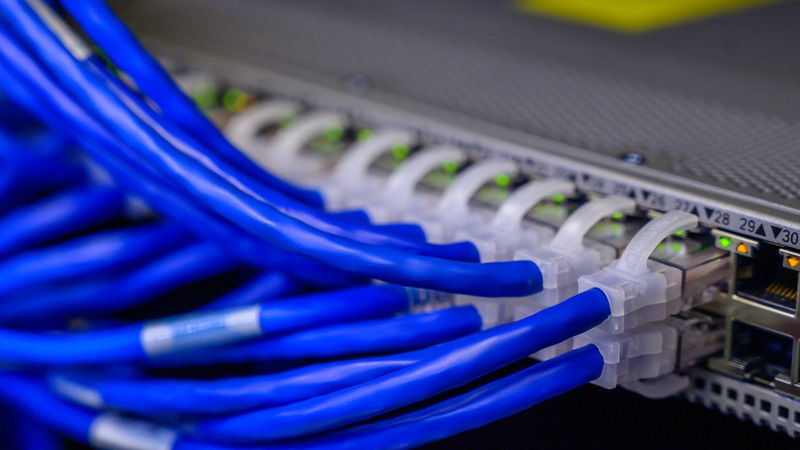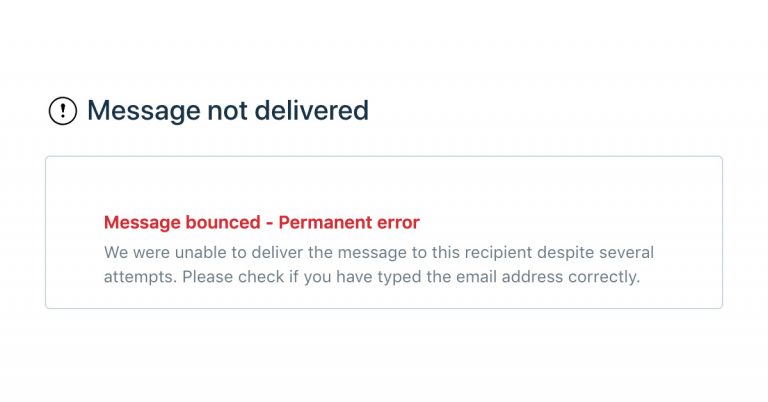Why Is Bandwidth so Expensive?

The past two decades have introduced a new vital necessity for human survival. After food, water, and shelter, what does a human need? “Internet”, that’s right, the internet has now become a necessity.
Whether you’re a business, a student, or a farmer. Everyone needs an internet that is fast and costs less. But why does your internet have to be so expensive? Why are relative costs higher? What is the reason for your expensive internet plan?
Bandwidth is expensive because the company providing it has to bring high-speed internet from the ISP to your device, install cables into the ground, hire skilled labor to maintain the system, pay the electricity bills, and handle the upgrading of the network when the ISP reaches its capacity.
Today I am going to delve deeper into the reasons why bandwidth costs are so high. What are the reasons that make the internet expensive for some countries? How are these costs calculated in the first place? And how can you reduce these costs?
Why Does Bandwidth Cost Money?

First questions first, what is the difference between speed and bandwidth? Speed is relative to the transfer rate of the data from a specific source to its destination. The network bandwidth is the “amount” of data that can transfer per second. Like “the size of the pipe”.
Now, the second question comes to mind. Why, in the 21st century, do I have to pay so much for an essential commodity? Well, like electricity, it will take time for the internet to reach all corners of the Earth. Electricity is still lacking in that factor. But like electricity, it costs a lot of money to set up and run an internet company.
Think about it, the ISP had to install miles and miles of cables into the ground. They paid for expensive machinery and labor. If not, the ISP had to buy rights from another company and those can add up to a huge sum. Now a cable is a form of an asset, and assets need an upgrade depending on the demand and consumer need.
Now the cable has to plug into the equipment, which is not cheap as well. This equipment will also need replacement and upgrades as the demand increases. Companies have to compete with each other to provide better services. They need to offer higher bandwidths. To reel in more customers, they have to upgrade their systems. They have to hire more staff and expand, which, you guessed it, costs “money”.
Once the company has installed the cables and hired the manpower. They have to buy expensive equipment and start providing its services. They need to deal with vendors who will charge them every month for different services. Not to forget, the company is still paying for electricity and maintenance costs.
The internet has expanded into several countries but the cost has not always been that high. As more and more users come online, large companies are subsidizing free internet. Like Reliance Jio in India who made the internet free for several months on its arrival. Why? because it is in the interest of the companies to gain more consumers. For these large tech companies to make a profit, they need a large part of the population to be online.
The cost of bandwidth is going to decrease over time. Currently, it is expensive if you compare them to different places. The data pipe capacity will continue to grow as the data volume continues to grow. Even with fiber optic cables and new 5G technology. Sending billions of bytes from one point to the other is expensive. That is why you will pay for the service.
How Is Bandwidth Cost Calculated?

Bandwidth prices are different from country to country. If a country hosts content on servers that are within the country then the cost decreases. If the content is on servers that are outside your country then that is going to raise the price of the bandwidth.
A large part of internet users, demand content on the world’s de facto second language, English. Hence, users in the US and Europe are at an advantage as compared to users in South Asia or the Middle East.
Other problems that add to the bandwidth costs include cable-landing stations. These points are where submarine cables are entering and exiting the mainland. Owners of these stations can charge a high amount of the ISP traffic that is passing through them.
Calculating bandwidth cost will differ for each service provider. Some ISP’s offer Cable TV and phone options, some providers provide unlimited internet, high speeds, and different packages. Every provider will offer different prices. The two main factors that affect bandwidth cost are:
- Speed: Cost is proportional to the speed of the internet.
- Data usage: More data consumption means more cost.
The formula to calculate the cost of bandwidth is reference bandwidth divided by interface bandwidth. For example, in the case of 20 Mbps Ethernet, the OSPF Metric Cost value is 200 Mbps / 20 Mbps = 10. You can calculate the cost of your bandwidth by a simple formula
- Cost/Usage — Usage cost per GB ($100 for 10 GB = $10 per GB)
- Cost/Bandwidth (Connection speed) — Bandwidth cost per MB ($100 for 25 Mb = $4 per Mb
Other than these two factors, there are hidden data transfer charges as well. I recommend that you research the ISP before you select it. Use the given formulas to calculate the cost and choose the best option for yourself.






